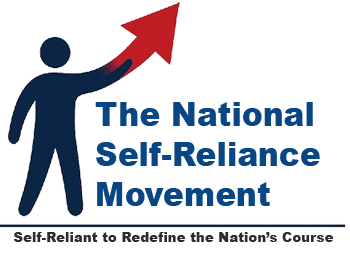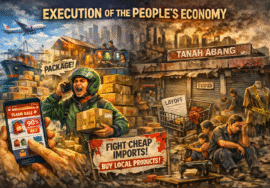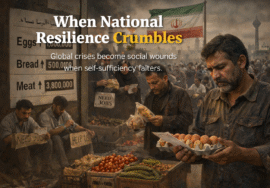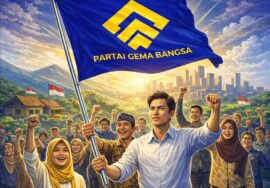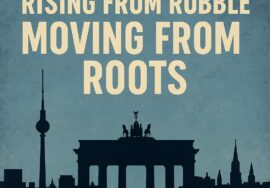Hatta and the People’s Economy: Building Foundations from Below
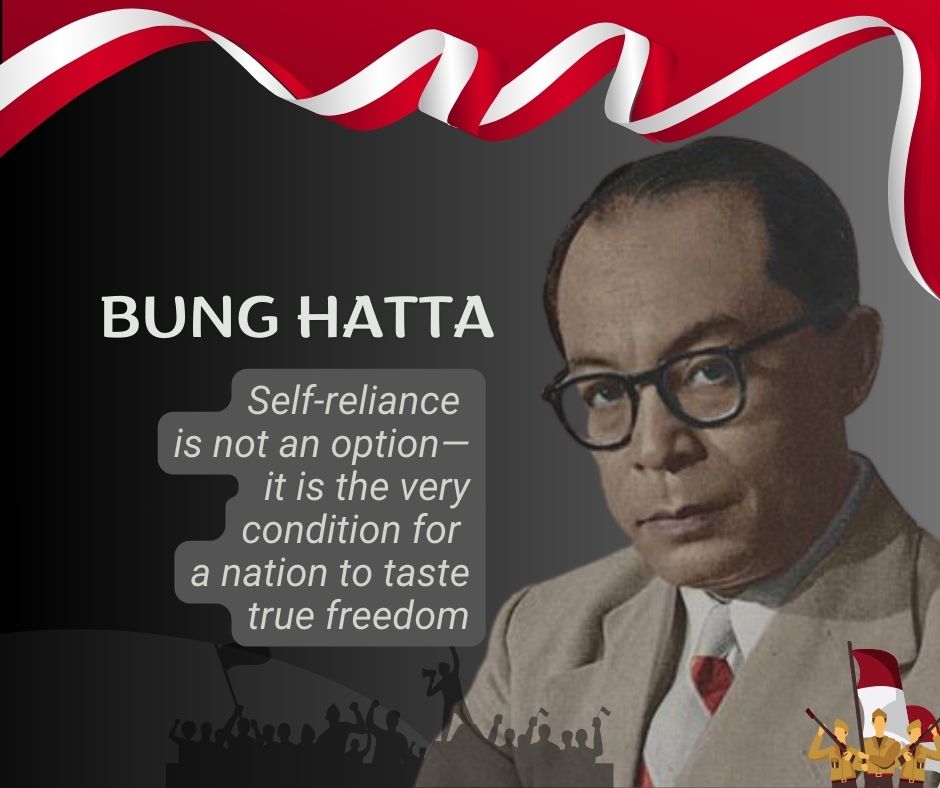
Editorial Introduction
Gerakan Mandiri Bangsa believes: a nation’s independence is not born from debt or elite promises, but from the courage of its people to build their own economic foundations. Bung Hatta—proclaimer of independence and the “Father of Indonesian Cooperatives”—left behind a powerful legacy: the concept of a people’s economy. A vision that affirms a nation can only be strong if its people are empowered.
Hatta and the Dream of a Just Economy
Mohammad Hatta was not only a proclaimer of independence. He was an economic thinker far ahead of his time. While many newly independent countries were still searching for their economic path, Hatta stressed that Indonesia must not merely serve as a market for other nations. The nation’s economy had to rest on cooperatives and people’s enterprises, not monopolies of big capital.
For Hatta, true sovereignty was not only about politics but also about who controls food, production, and trade. This is why he firmly rejected dependence on foreign powers.
Cooperatives: A School of Economic Democracy
Hatta envisioned cooperatives not merely as trade institutions but as “schools of economic democracy.” Within them, people learn the meaning of shared ownership, mutual cooperation, and fairness in sharing profits.
Through cooperatives, farmers can set fair prices for their harvests, fishermen can escape the grip of middlemen, and small traders can gain bargaining power. This is the essence of a bottom-up economy—where people are subjects, not mere objects, of development.
“Cooperatives are not just about economics, but about shaping free human beings.” – Bung Hatta
Relevance for Today’s Indonesia
Eight decades have passed, yet Hatta’s vision remains strikingly relevant. The 1998 monetary crisis, the 2008 global crisis, and the COVID-19 pandemic all proved one thing: whenever the big economy falters, SMEs and cooperatives endure.
But today’s reality remains paradoxical. Indonesia is rich in resources, yet food imports keep rising. SMEs contribute 60% of GDP, yet their access to financing remains limited. Here is where Hatta’s legacy becomes crucial: the people’s economy must not remain a slogan—it must be a true national priority.
Integrity: An Invaluable Legacy
Beyond ideas, Hatta lived as an example. He rejected excessive salaries as an official, chose a simple life, and even once walked to the market without security escorts. His integrity underscored that economic leadership must serve the people, not the interests of the few.
Lessons for the Gerakan Mandiri Movement
From Hatta, we learn three fundamental lessons:
The people’s economy is the nation’s foundation – Without self-reliance in food, energy, and local production, sovereignty is an illusion.
Cooperatives and SMEs are the practical path – They are not utopian theories, but proven models that have withstood crisis after crisis.
Integrity of leadership shapes direction – The people’s economy can only thrive when political courage aligns with the people’s interest.
A Light from the Past for the Future
Hatta never reduced economics to numbers or charts. For him, economics was about humanity: about dignity, fairness, and the people’s freedom to stand on their own feet.
From small stalls in villages to cooperatives in rural communities, from digital SMEs to local food movements—all of these embody Hatta’s vision, waiting to be revived.
For in truth, a nation is not fully independent simply because it has a flag and anthem, but when its people hold sovereignty over their food, energy, and future.
📌 References
Kompas.id – Bung Hatta, People’s Economy, and the Present
Tempo.co – Hatta and the Legacy of Cooperatives for Indonesia
Historia.id – The Integrity of Bung Hatta: Simple and Sovereign
